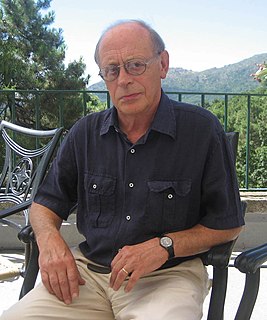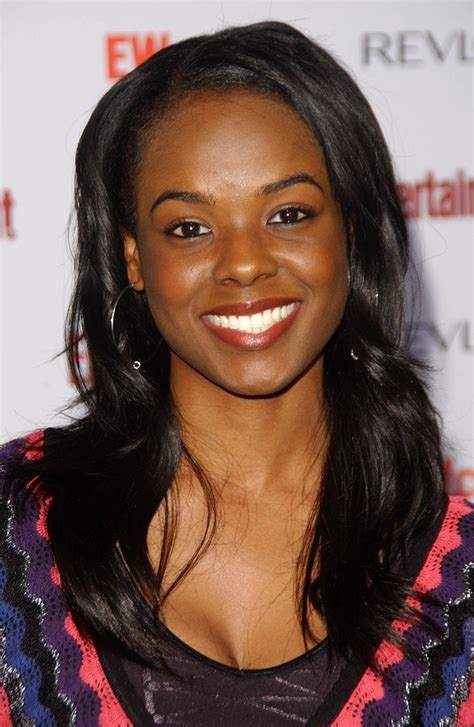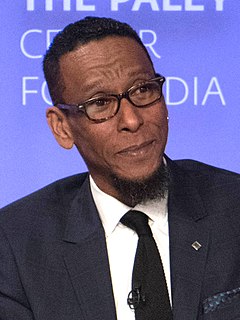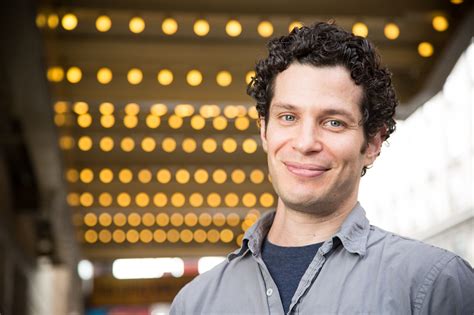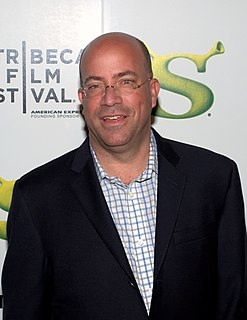A Quote by Fiona Bruce
I'm all about the story. And the stories I remember tend to be the ones of sorrow, or family history, or revelation of the self.
Related Quotes
A lot of my family weren't present when I was young, so I was getting a lot of stories told to me about them. Certain members of family had reputations because they were involved in crime and stuff like that. Then, when I was out on the streets, I'd be hearing more stories about them. So I think my whole upbringing was just heavily story-oriented.
Nobody who comes out of the movie [Aquarius] focuses on those [sexual] scenes, because they are not the heart of the film. They are a consequence of the story, but I don't remember hearing audiences talking about them afterward. They came out discussing themes of resistance, history and memory. They're talking about the beauty of the self and how it can become demolished.
How wonderful it is that we believe in modern revelation. I cannot get over the feeling that if revelation were needed anciently, when life was simple, that revelation is also needed today, when life is complex. There never was a time in the history of the earth when men needed revelation more than they need it now.

